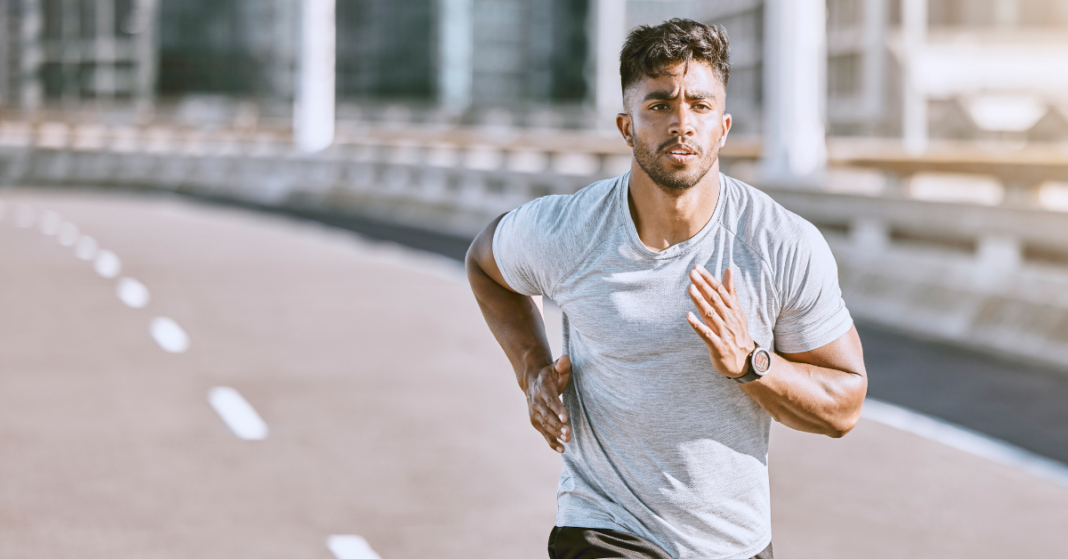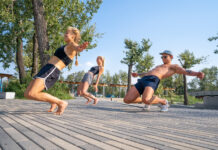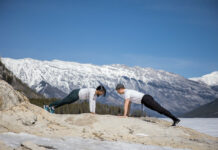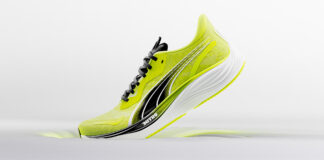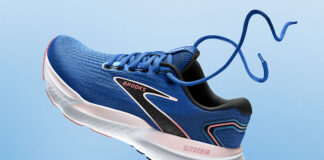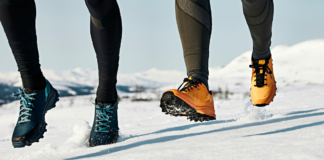Sleep is a normal and reversible behavior that is an essential part of the human recovery process. Several studies now recognize the fundamental role that sleep plays to optimize health and human performance. Results have demonstrated that sleep will not only help an athlete optimize their performance, but will also act on every aspect of physiological and psychological health in humans. Athletes of all levels are now paying attention to the quality of their sleep.
HOW MUCH IS ENOUGH?
It has been suggested that athletes may require a greater amount of sleep (eight to 10 hours) to recover from intense training loads and avoid injury altogether. Not only will sleep function as a protective factor, it also enhances performance. In elite basketball athletes for example, a prolonged period of sleep not only improved mood but significantly enhanced sport-specific features such as an increase in 3-point percentage by nine per cent and faster sprint times. Moreover, a subsequent study with collegiate tennis players demonstrated that a single week of sleep extension resulted in a six per cent improvement in serving accuracy.
CAFFEINE CONUNDRUM
Coffee is one of the preferred drinks consumed by athletes but make no mistake, it cannot replace sleep. That has been demonstrated elegantly by a research study conducted with tennis players. Well-rested tennis players were compared to sleep-restricted players and the latter group could consume as much coffee as they desired. The well-rested players outperformed the caffeinated group on every sport-specific aspect, showing that you can sleep your way to better performance, but you cannot replace sleep with caffeine.
COUNTING SHEEP
Given that sleep represents the best natural enhancer for recovery and performance, athletes should dedicate great care to protect it. The first step is to figure out how much sleep you need each night and ultimately each week to create your “sleep bank.” Ultimately it would be strongly suggested that high performance athletes sleep between 70 and 80 hours per week.
Sleep environment is a critical factor that greatly influences sleep quantity and quality. In order to achieve the best sleep possible, athletes’ bedrooms should be completely dark (e.g., blackout curtains) and the temperature should be kept as much as possible around 17-19 C. The bedroom should also be considered a device-free zone. Remove all cell phones, laptops, tablets, and other devices even if they have a blue light filter. If you have enough energy to use an electronic device, you’re not sleepy and shouldn’t be in your bedroom in the first place. In an effort to avoid electronic device usage, you should develop a pre-bedtime routine that includes relaxation, breathing and mindfulness. Check out the bedtime yoga routine on page 76. Lastly, keeping your bedroom clean and in order will also help your sleep. Your bedroom should be the most prestigious room in your house, so show it some care.
TO NAP OR NOT TO NAP?
Considering that 70 to 80 hours of sleep per week may be unrealistic for certain athletes to achieve at night, learning how to nap is a fundamental skill to increase your sleep bank. Not only does napping reduce sleepiness while increasing alertness, but it also enhances the physical, cognitive, and perceptual states (e.g. fatigue) that are critical factors for athletes. You should plan naps as often as possible in your week. While naps have a positive influence on a number of factors, the length of naps will have a different influence. On competition day, aim for a 20- to 30-minute power nap whereas on off-days or training days, try for a longer 90-minute nap. These naps should be scheduled during your body’s circadian low, which would typically be between 1 and 4 p.m.
Sleep also plays a crucial role in immune response and if the past two years have taught us anything, it is that we should do everything in our power to protect our immune system. In this Olympic year, it is important to highlight the importance of sleep and well-adapted strategies to protect your sleep when faced with long-haul travel, jet lag and amplified stress for competition.
Ideally, every athlete should ask themselves simple questions such as: am I doing all I can to optimize my sleep? Is sleep one of the reasons for my underachievement lately? Could a better sleep help optimize my performance?
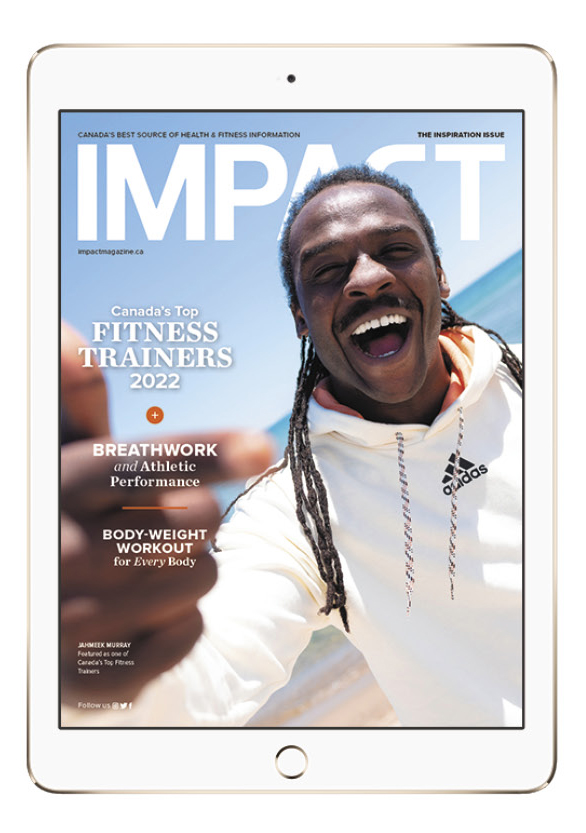
Read This Story in Our 2022 Inspiration Digital Edition
Read about Canada’s Top Fitness Trainers 2022. Need new ideas for your next workout. Test your fitness levels and see how you measure up. World-renowned breath expert, Richie Bostock shows us how to breathe correctly, 7 yoga poses for a better sleep, recipes and much more!

